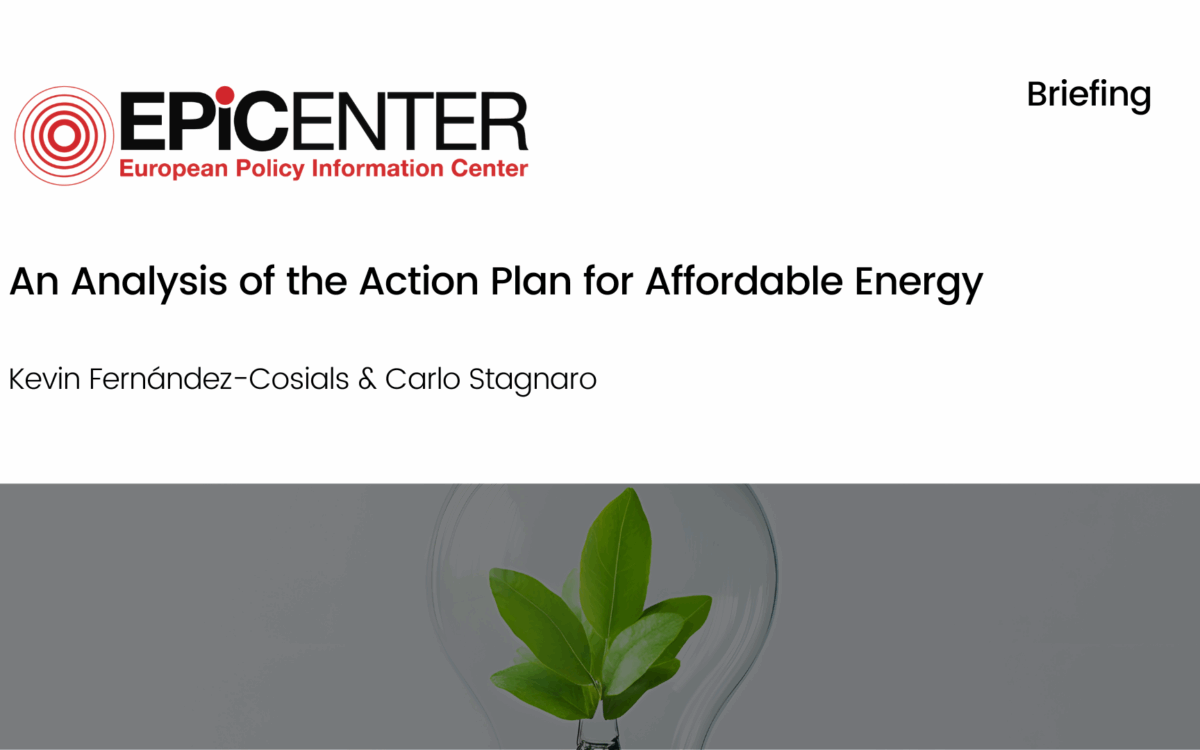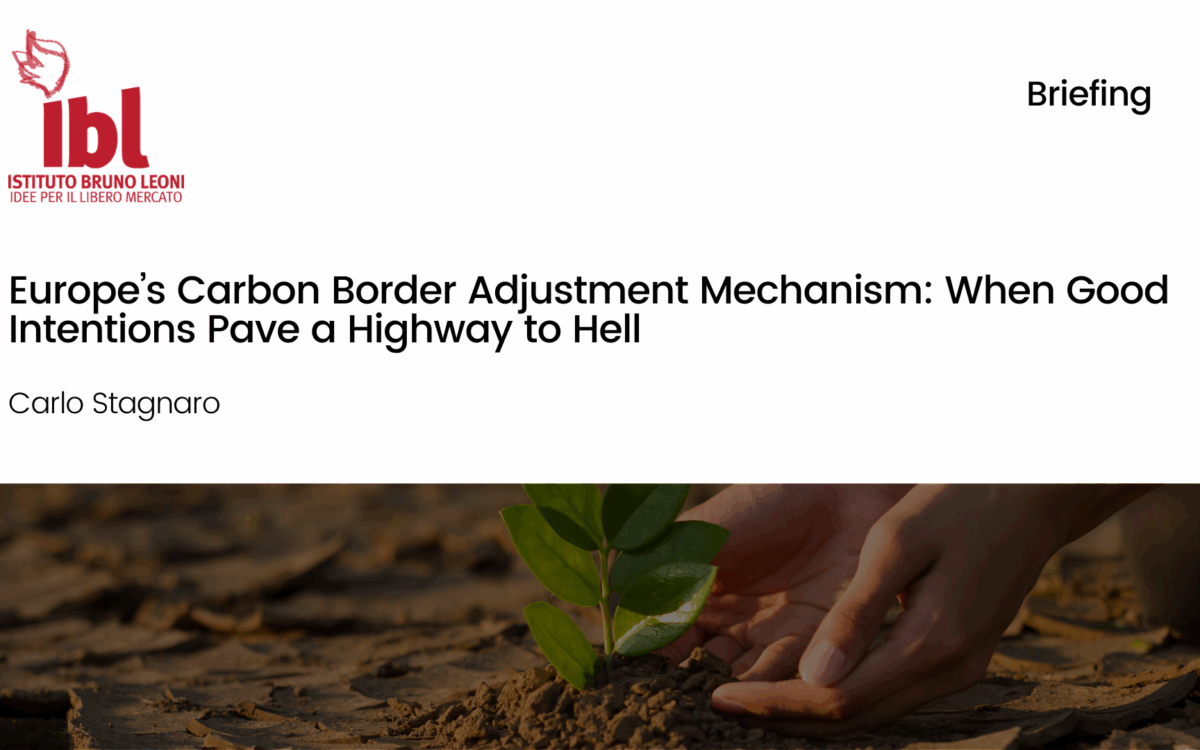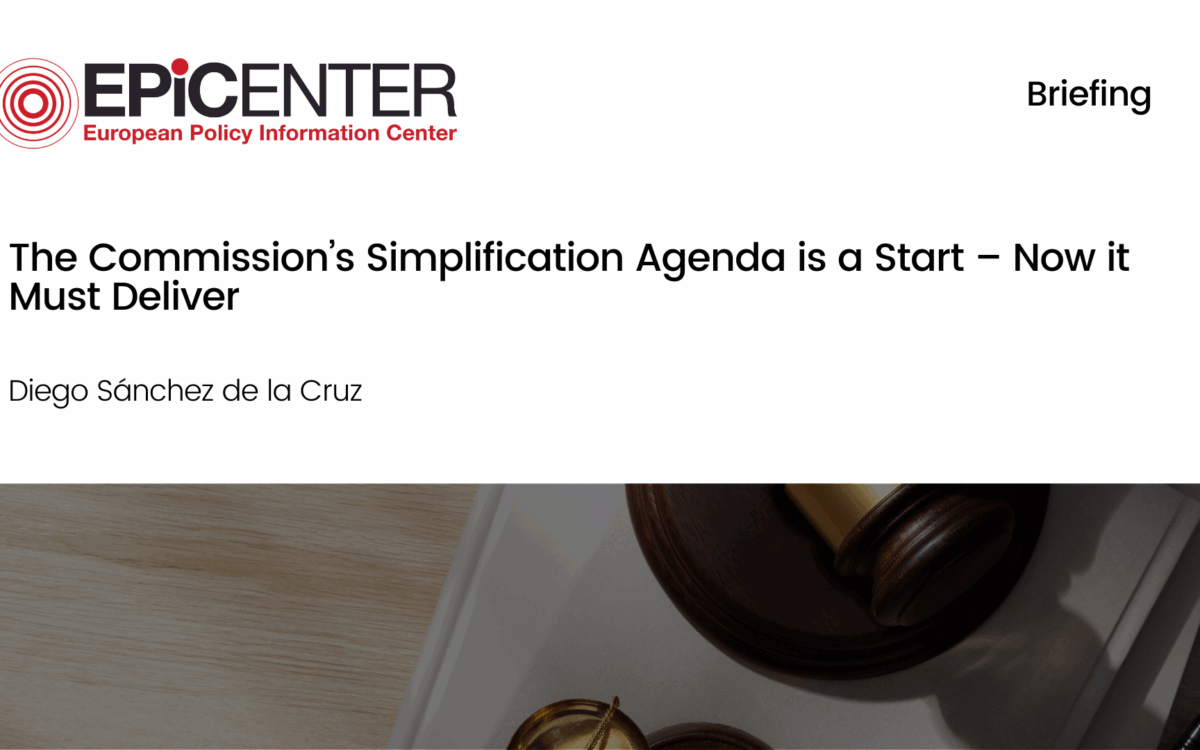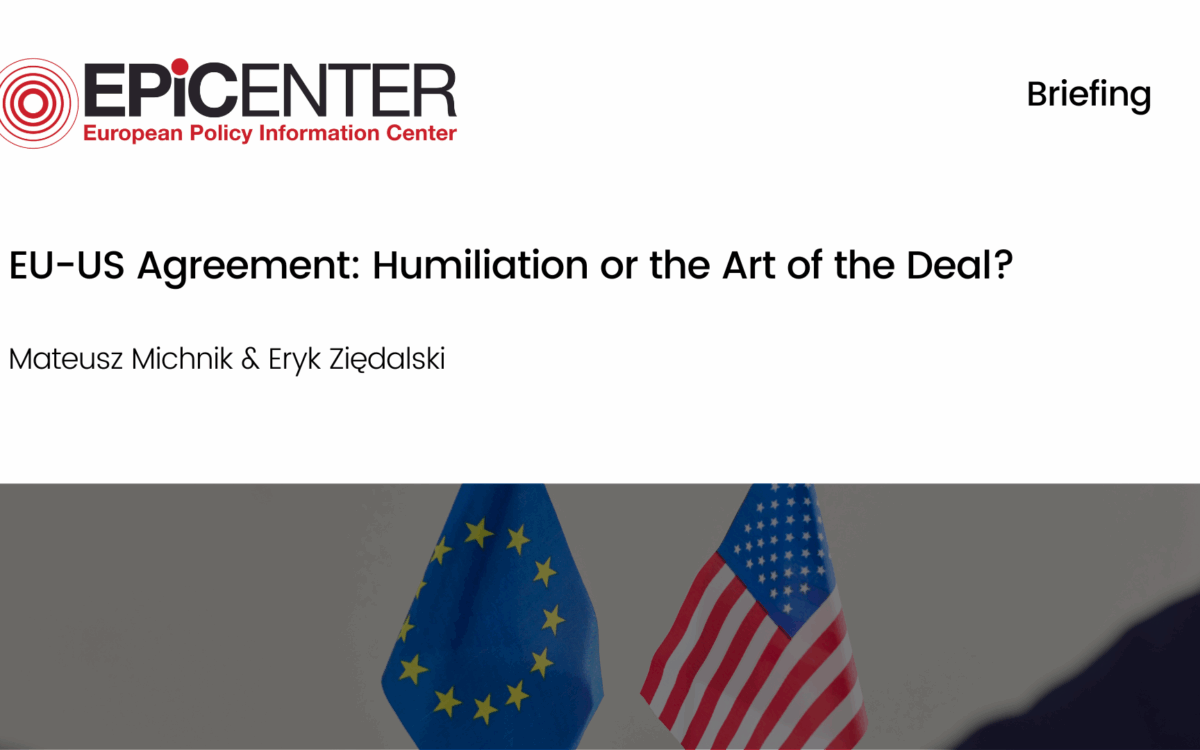A Linear Route to Net Zero: Why the European Commission’s 2040 Target Is Costly, Inflexible, and Risky
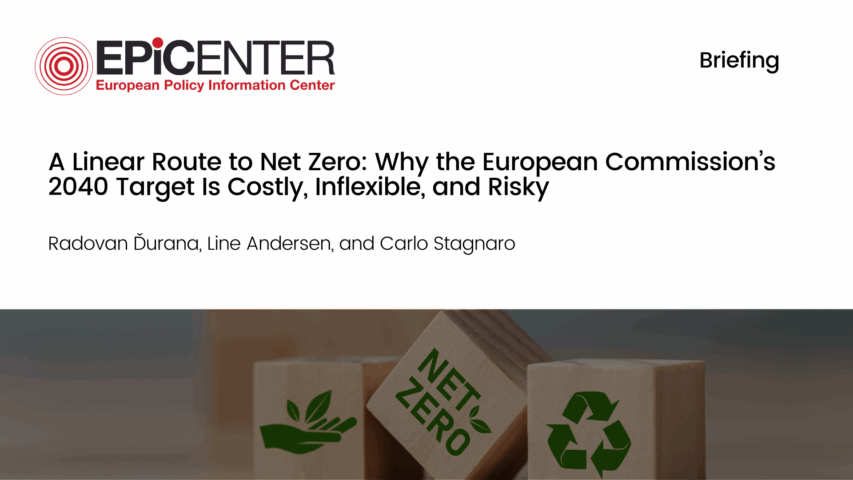
A Linear Route to Net Zero: Why the European Commission’s 2040 Target Is Costly, Inflexible, and Risky
Radovan Ďurana, Line Andersen, and Carlo Stagnaro // 28 August 2025
The European Union has committed to reaching climate neutrality by 2050, with a proposed 90% emissions reduction target for 2040. A Linear Route to Net Zero, assesses the economic and political feasibility of this goal. While the EU has made significant progress since 1990, the paper argues that a linear pathway to 2040 is unrealistic without major technological innovation, regulatory flexibility, and cost-effective policy design.
The authors warn that imposing overly rigid interim targets could undermine competitiveness, strain public finances, and exacerbate energy security concerns. Instead, they advocate for an adaptive approach focused on measurable outcomes, innovation incentives, and least-cost emissions reductions.
The main findings of the briefing include:
-
The EU has already achieved substantial emissions cuts since 1990, but further reductions will be harder and more expensive.
-
A linear trajectory to 2040 ignores technological uncertainty and risks overburdening businesses and households.
-
Greater reliance on carbon pricing, investment in clean technology, and flexible regulatory frameworks would deliver deeper cuts at lower cost.
-
Competitiveness safeguards and a global perspective are essential to avoid carbon leakage and protect EU industry.
Download or share this publication
View the PDF
EPICENTER publications and contributions from our member think tanks are designed to promote the discussion of economic issues and the role of markets in solving economic and social problems. As with all EPICENTER publications, the views expressed here are those of the author and not EPICENTER or its member think tanks (which have no corporate view).
